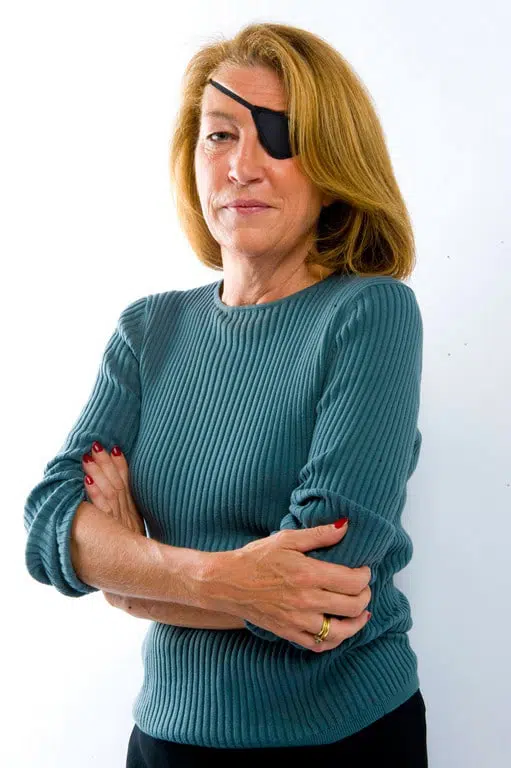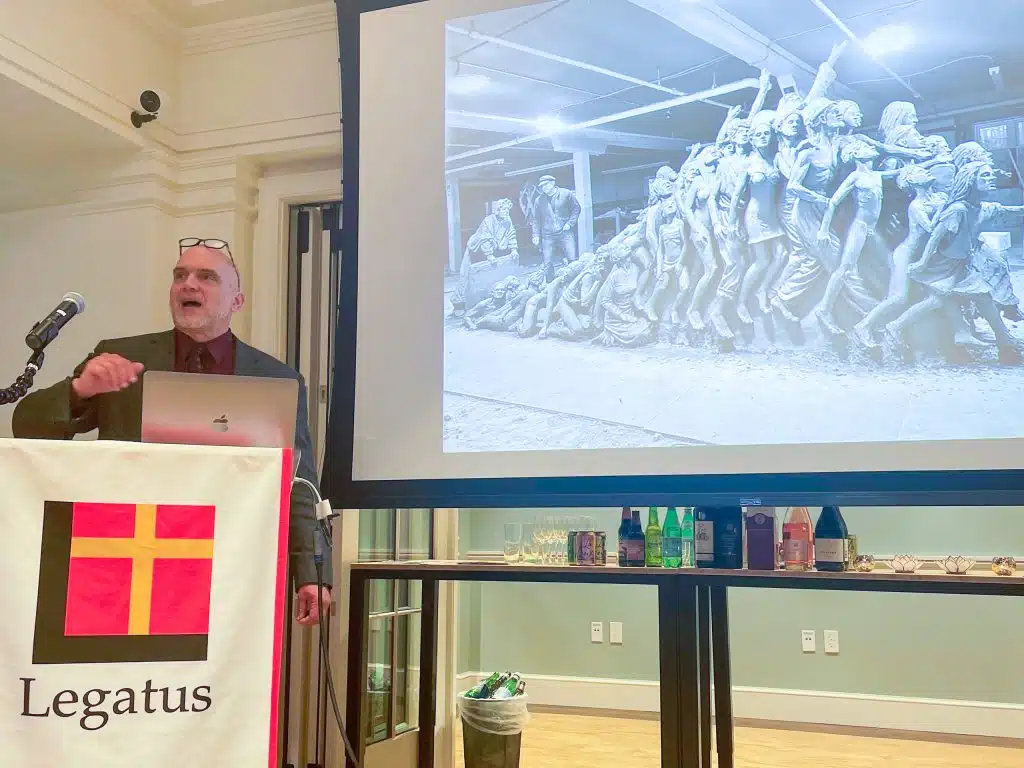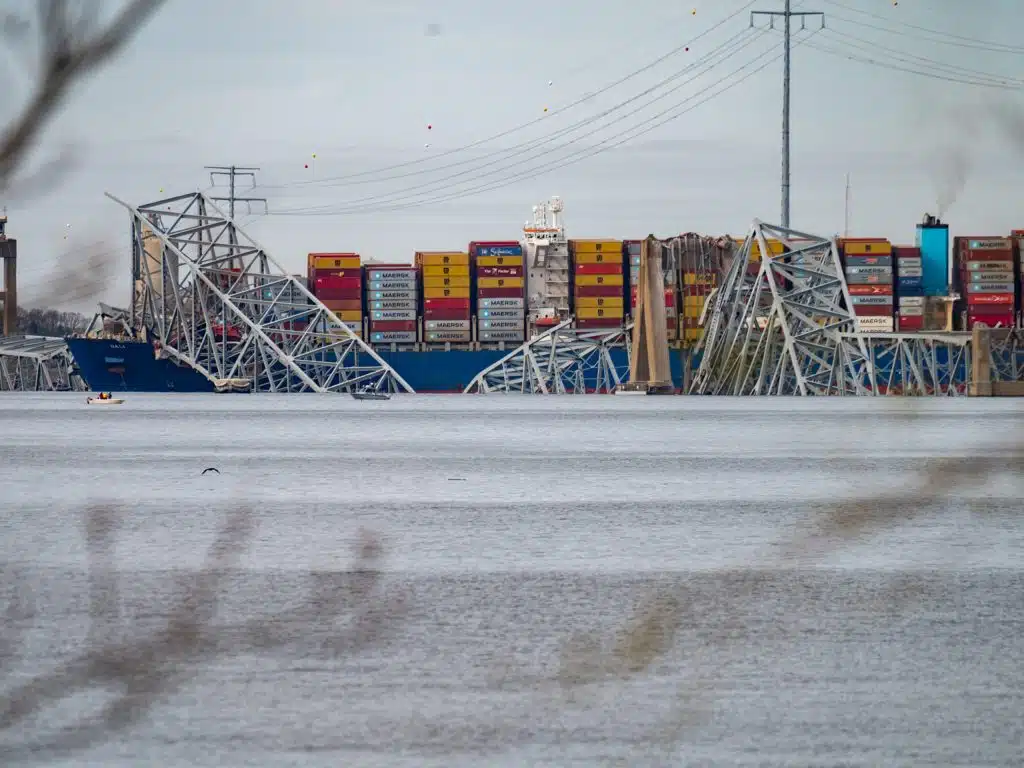OYSTER BAY, N.Y. – The mother of slain journalist Marie Colvin told reporters the day after she was killed Feb. 22 in Homs, Syria, that her daughter was “totally committed to what she did.”
She knew “the importance of telling the story and writing it and getting it out to the world no matter what. That was her life,” Rosemarie Colvin said.
Marie Colvin’s body arrived at John F. Kennedy International Airport in New York March 6. On March 12, family, friends and colleagues gathered to bid farewell to the 56-year-old veteran correspondent at her funeral Mass at St. Dominic’s Catholic Church in Oyster Bay, which was followed by a private interment.
Newsday quoted Father Dennis Mason telling the congregation: “We can see Jesus taking Marie by the hand and saying, ‘Blessed are you, Marie, in your hunger and your thirst for righteousness,'” and for being “a voice for the voiceless.”
She was killed when a makeshift media center in Homs was shelled. French photographer Remi Ochlik also died in the attack, which was part of the ongoing effort by Syrian forces to dislodge rebel fighters.
In its obituary, The Associated Press noted that her distinctive eye patch – she lost the sight in her left eye in a 2001 ambush in Sri Lanka – was “a testament to Marie Colvin’s courage, which took her behind the front lines of the world’s deadliest conflicts. To write about the suffering of individuals trapped in war.”
Born Jan. 12, 1956, in Astoria, N.Y., Marie grew up in East Norwich and graduated in 1974 from Oyster Bay High School. She went on to Yale University where she planned to study anthropology but instead discovered journalism and made that her career. For the last 25 years, she had lived in London, working as a war correspondent for Britain’s Sunday Times.
Her assignments took her to the Balkans, Chechnya and East Timor. Last October, she interviewed Libyan dictator Moammar Gadhafi after he was overthrown and captured by rebels.
In an interview with CNN shortly before she was killed, Marie Colvin questioned “why is no one stopping this murder in Homs that is happening every day.” She called it a “complete and utter lie” that the Assad regime was only going after rebels. “The Syrian army is shelling a city of cold, starving civilians,” she said.
Besides her mother, she is survived by two brothers and two sisters; and many nieces and nephews. Her father, William, preceded her in death.
On a website created for tributes, www.mariecolvin.org, her sister Cathleen “Cat” Colvin wrote: “To me, a world without Marie is unimaginable. … Marie has so many friends and colleagues who loved her so deeply, and countless admirers who were awed by her courage as a journalist.
“While I mourn together with those who loved her and take enormous pride in her accomplishments, my tribute is to my big sister and lost soul mate.”



